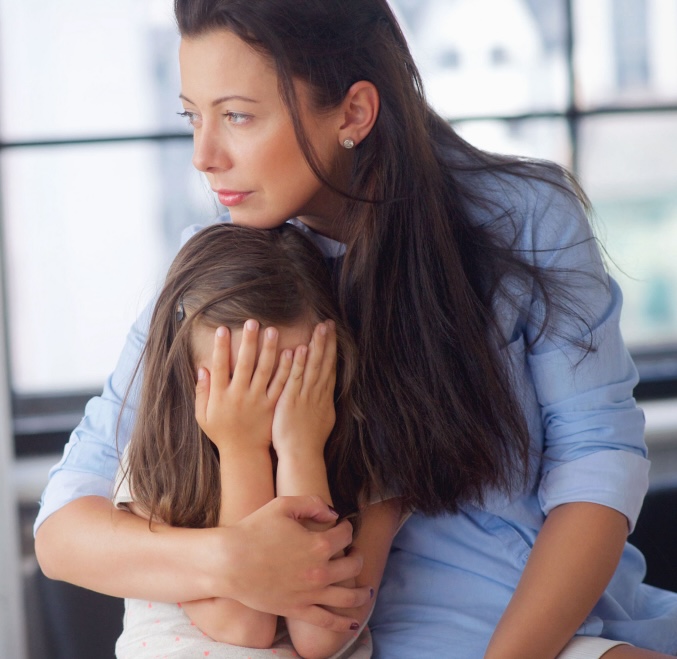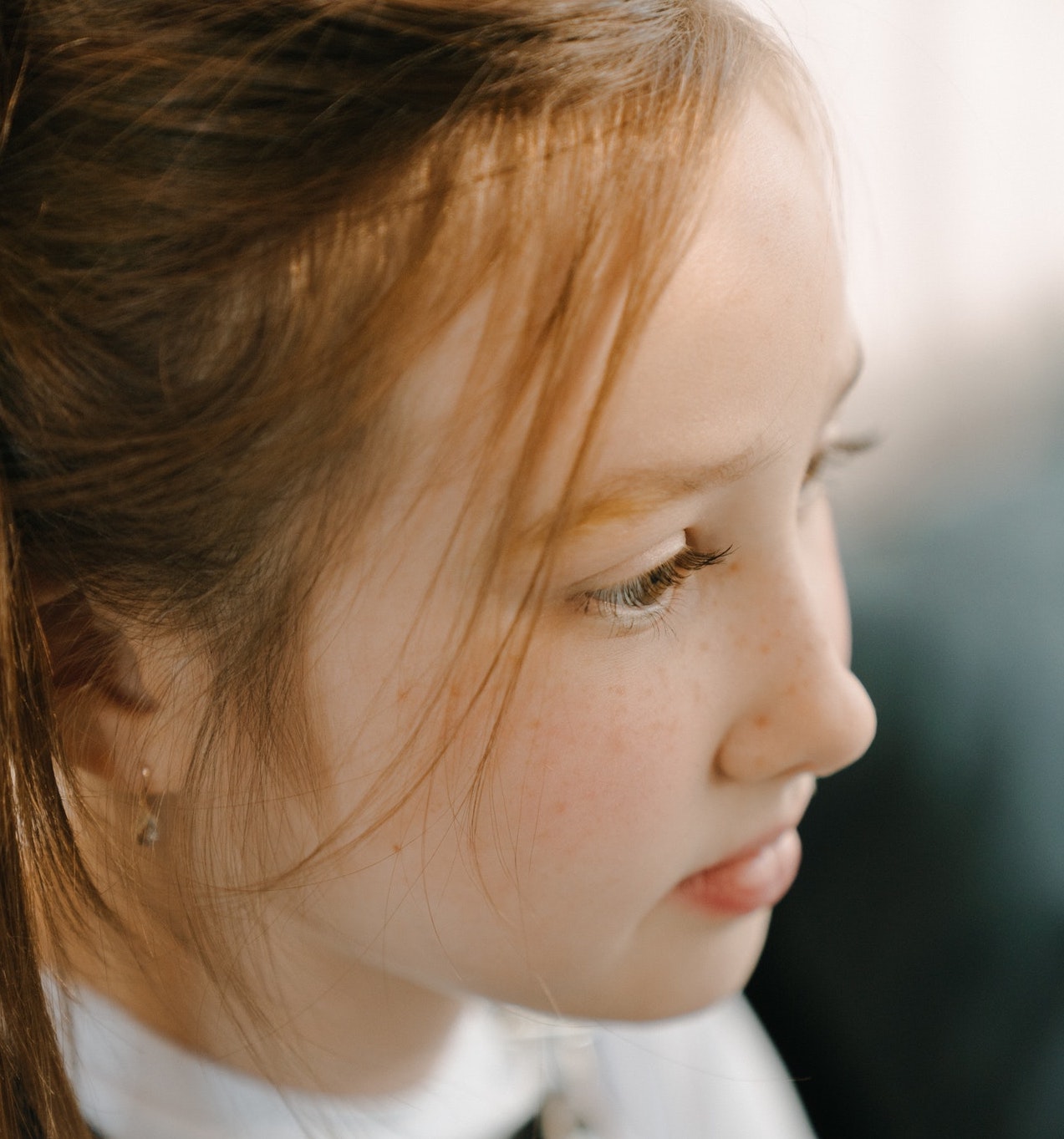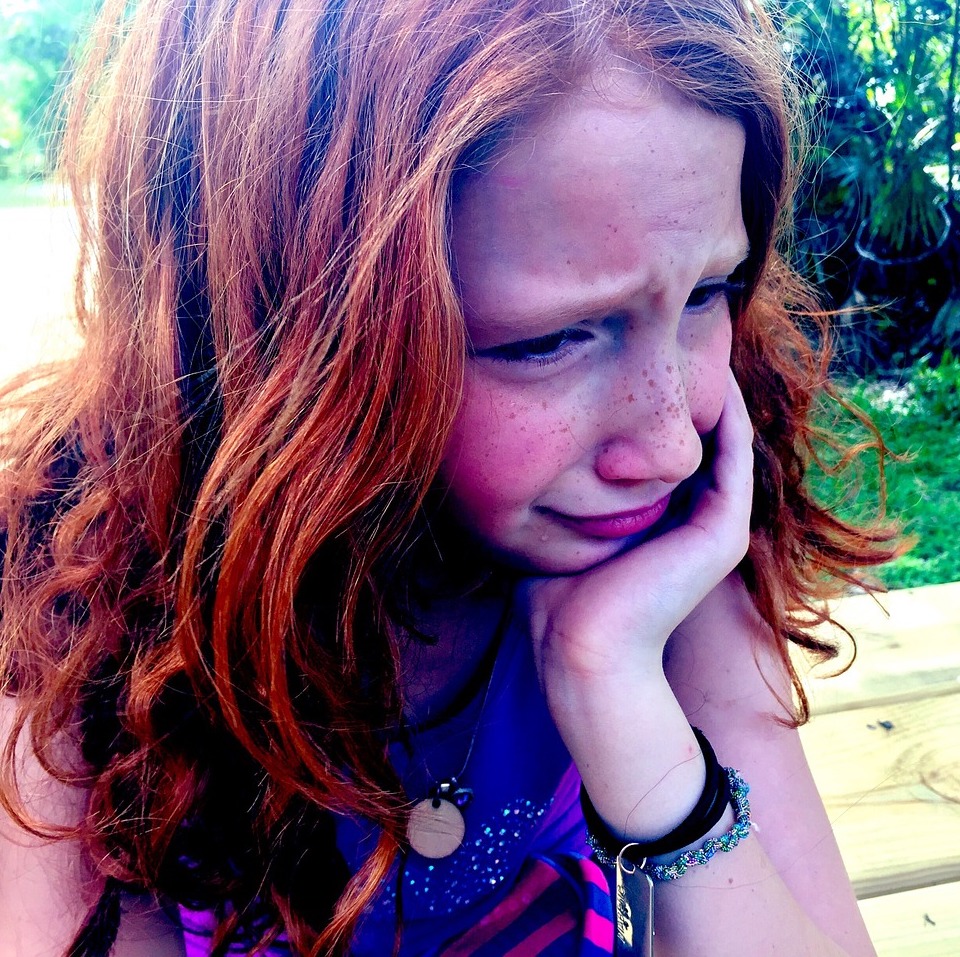8 Tips for Talking to Your Children About Conflict and War
 When conflict or war makes the headlines, it can cause feelings such as fear, sadness, anger and anxiety wherever you live. Here are some tips on how to approach the conversation with your child and to provide them with support and comfort. Read more »
When conflict or war makes the headlines, it can cause feelings such as fear, sadness, anger and anxiety wherever you live. Here are some tips on how to approach the conversation with your child and to provide them with support and comfort. Read more »


 Parents and families across the world have been distressed by the war in Gaza and Israel. Those who are there (or who are connected to the people of the region) may grieve for loved ones who have been killed or fear harm and devastation.
Parents and families across the world have been distressed by the war in Gaza and Israel. Those who are there (or who are connected to the people of the region) may grieve for loved ones who have been killed or fear harm and devastation.
 Building a sophisticated emotions vocabulary helps children identify and communicate different types of feelings, which in turn helps them manage emotions in productive ways, instead of hitting, acting out, or withdrawing.
Building a sophisticated emotions vocabulary helps children identify and communicate different types of feelings, which in turn helps them manage emotions in productive ways, instead of hitting, acting out, or withdrawing. 
 International wars and conflict enhance our sense of danger and may cause worry about what will happen in the days and weeks ahead. A range of emotions (e.g., outrage, fear, anxiety and sorrow) are common and can change as the situation evolves.
International wars and conflict enhance our sense of danger and may cause worry about what will happen in the days and weeks ahead. A range of emotions (e.g., outrage, fear, anxiety and sorrow) are common and can change as the situation evolves. 
 Finding effective ways to help your child cope with big emotions has never been more important—or difficult! Here are some suggestions for what to do when your kids or teenagers express big feelings, like sadness, anger, and anxiety.
Finding effective ways to help your child cope with big emotions has never been more important—or difficult! Here are some suggestions for what to do when your kids or teenagers express big feelings, like sadness, anger, and anxiety. 
 At any age, crying is a normal response to being overwhelmed by strong feelings, like anger, fear, stress, or even happiness. Some children, however, cry more than others. Those same children may get angry more often, feel frustrated faster, and get overly excited compared to their peers too.
At any age, crying is a normal response to being overwhelmed by strong feelings, like anger, fear, stress, or even happiness. Some children, however, cry more than others. Those same children may get angry more often, feel frustrated faster, and get overly excited compared to their peers too. 
 Most people have felt picked on, put down, or left out by peers at some point in their life. Conflict between children, even friends, can be a normal part of development. But some aggressive behaviors cross the line into bullying.
Most people have felt picked on, put down, or left out by peers at some point in their life. Conflict between children, even friends, can be a normal part of development. But some aggressive behaviors cross the line into bullying. 


 As the most common cause of spelling, reading, and writing difficulties, dyslexia affects about 15% to 20% of the population. It’s a learning difficulty that does not discriminate, as it affects the general population nearly equally, regardless of gender, ethnicity, or socio-economic background.
As the most common cause of spelling, reading, and writing difficulties, dyslexia affects about 15% to 20% of the population. It’s a learning difficulty that does not discriminate, as it affects the general population nearly equally, regardless of gender, ethnicity, or socio-economic background. 
 Nothing affects your chances at succeeding in school like not having the skills to read, spell, and write. This is, unfortunately, what dyslexia is all about. It can be the one impediment to achieving one’s goals in work and life. But, what if we told you that being dyslexic can foster strengths that can help you excel?
Nothing affects your chances at succeeding in school like not having the skills to read, spell, and write. This is, unfortunately, what dyslexia is all about. It can be the one impediment to achieving one’s goals in work and life. But, what if we told you that being dyslexic can foster strengths that can help you excel? 

